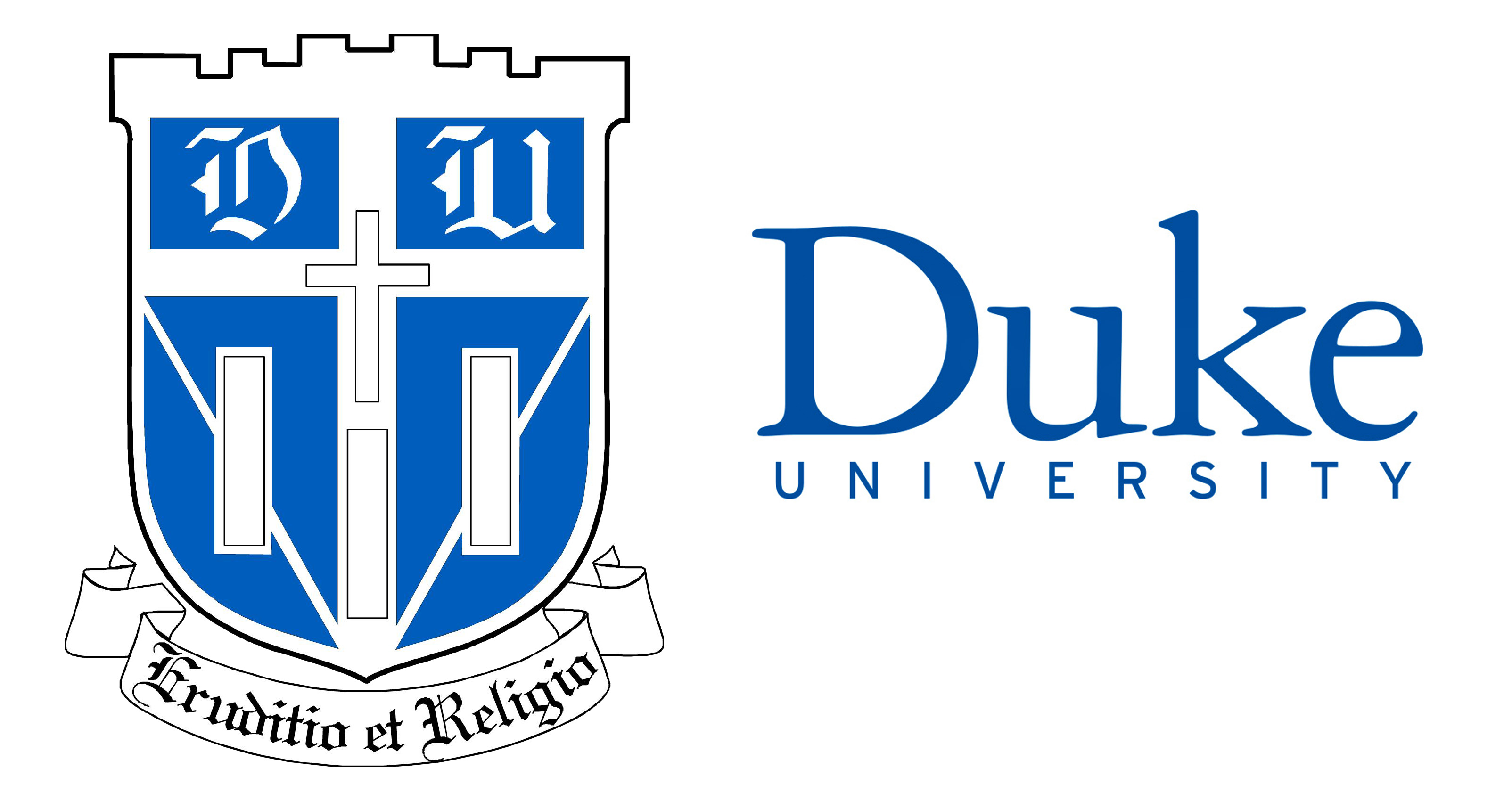Duke University
Duke University, founded in 1838, is a prestigious private research university located in Durham, North Carolina. Known for its rigorous academic programs, world-class research, and strong emphasis on public service, Duke plays a pivotal role in the cultural and economic landscape of Durham and the greater Research Triangle area.
Academic Excellence
Duke is consistently ranked among the top universities in the United States and globally. It offers a broad array of undergraduate, graduate, and professional programs across various disciplines. Notable schools and programs include:
- Fuqua School of Business: Known for its MBA program and leadership training.
- School of Medicine: Renowned for its medical research and healthcare services.
- Nicholas School of the Environment: A leader in environmental science and policy.
- Pratt School of Engineering: Offers cutting-edge engineering education and research.
Research and Innovation
Duke is a powerhouse for research and innovation, attracting substantial funding and fostering groundbreaking discoveries. Key research institutes and initiatives include:
- Duke Health: A top-ranked health system providing advanced medical care and research.
- Duke Cancer Institute: Conducts pioneering cancer research and treatment.
- Duke Global Health Institute: Focuses on addressing global health challenges.
- Duke Innovation and Entrepreneurship: Supports entrepreneurial ventures and innovation.
Campus Life and Culture
The vibrant campus life at Duke is characterized by diverse student organizations, cultural events, and athletic programs. Highlights include:
- Athletics: Home to the Blue Devils, Duke boasts strong athletic programs, particularly in basketball and lacrosse.
- Arts and Culture: The university hosts numerous cultural events, including performances at the Duke Performances series and exhibitions at the Nasher Museum of Art.
- Student Organizations: A wide range of student-run organizations foster a strong sense of community and engagement among students.
Economic and Community Impact
Duke significantly contributes to the local economy and community development. Key impacts include:
- Employment: Duke University and Duke Health are among the largest employers in the region, providing jobs to thousands of residents.
- Innovation and Startups: Duke fosters a vibrant entrepreneurial ecosystem, supporting startups and driving innovation through initiatives like Duke Innovation and Entrepreneurship.
- Public Service: The university is deeply committed to public service, with students and faculty engaged in various community service projects and initiatives.
Duke University and UNC-Chapel Hill together form the backbone of the Research Triangle's academic and research prowess, driving economic growth and fostering a culture of innovation and excellence in the region.































































